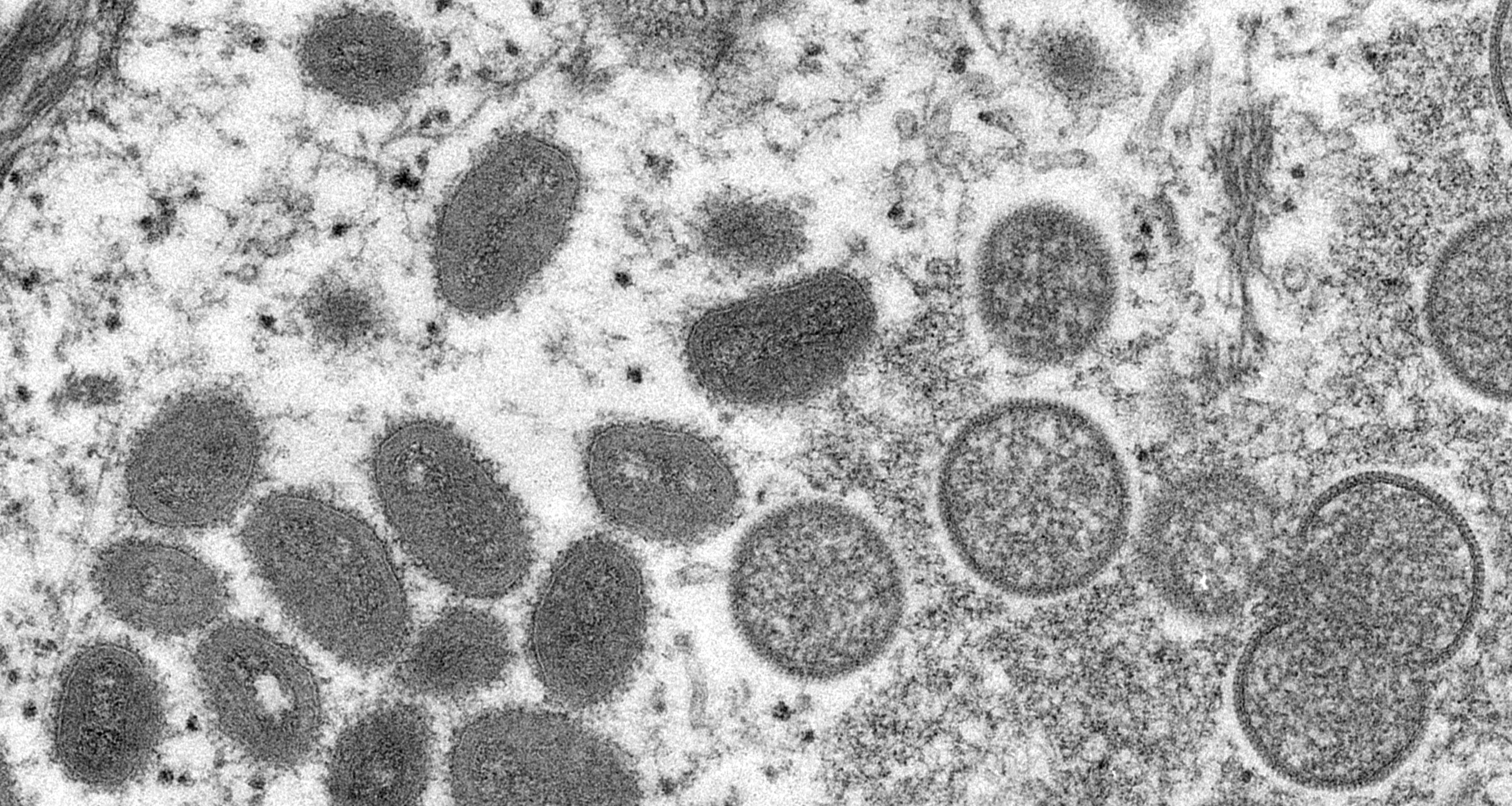Monkeypox: Cases continue to rise as global health emergency declared
As of 20 July there are more than 2,200 cases across the UK.

Words: Alastair James; pictures: Wiki Commons
Cases of Monkeypox continue to rise in the UK as the World Health Organisation (WHO) has declared the outbreak a global health emergency.
According to the UK’s Health Security Agency (UKHSA) as of 21 July, there have been 2,208 confirmed cases in the UK with 2,115 in England. 74 percent of England’s cases (1,549) are in London, as recorded in the most recent epidemiological overview.
Got a rash with blisters plus aches, a fever and swollen glands?
You could have #monkeypox.Anyone can catch it through close physical contact, or by sharing towels or bedsheets.
Keep everyone safe by avoiding close contact with others & visit https://t.co/sQz88DMgbM
— UK Health Security Agency (@UKHSA) July 25, 2022
The UKHSA says transmission continues to take place primarily between interconnected sexual networks, namely gay and bisexual men and men who have sex with men (MSM) Although it is being emphasised that anyone can catch monkeypox.
“The most recent data suggests that the growth of the outbreak may have slowed. This means that we continue to identify new infections but at a more stable rate,” an update from Friday 22 July reads.
On Saturday (23 July) WH) declared the outbreak, which has seen cases in the UK, US, and across Europe, a global health emergency – the organisations’ highest level of alert.
WHO Director-General Tedros Adhanom Ghebreyesus said at a briefing: “Although I am declaring a public health emergency of international concern, for the moment this is an outbreak that is concentrated among men who have sex with men, especially those with multiple sexual partners,” as reported by Reuters.
He added: “Stigma and discrimination can be as dangerous as any virus.”
🚨 BREAKING:
“For all of these reasons, I have decided that the global #monkeypox outbreak represents a public health emergency of international concern.”-@DrTedros pic.twitter.com/qvmYX1ZBAL— World Health Organization (WHO) (@WHO) July 23, 2022
There have been warnings for media coverage of the outbreak to avoid racist or homophobic tones after some people blamed African and LGBTQ people for the outbreak.
Following the WHO’s declaration, the Labour MP, Wes Streeting, has written to the UK Government and the Health Secretary calling for a “serious shift in gear” from the government toward the outbreak.
In a letter seen by Attitude, the Shadow Health Secretary demands “urgent action” be taken to avoid monkeypox becoming endemic in the UK with a quick vaccination rollout and accurate public information.
“Stakeholders, particularly those in the LGBT+ community, feel that there is little understanding of those impacted and are concerned that there has been a miscalculation about the scale of vaccines needed. The British Association for Sexual Health and HIV says a minimum of 125,000 courses of vaccine are needed now and more may be needed in the long term, yet it is not clear that enough have been procured,” Streeting writes.
He also says, “For many this is a repeat of the 1980s and in stark contrast to COVID-19 which hit the population at large. There is a major difference – we have a vaccine that is effective if only the government can secure the doses necessary,” before stating, “Labour stands willing to help in any way possible”.
Streeting’s letter follows concerns voiced by various sexual health and HIV charities, as well as London Mayor Sadiq Khan.
This is a serious development that requires an equally serious shift in gear from the Government.
To prevent Monkeypox becoming endemic, the Government needs to urgently increase vaccine supply alongside a major communication campaign to alert the public to the risks. https://t.co/Jf1ub192sl
— Wes Streeting MP (@wesstreeting) July 23, 2022
The symptoms of monkeypox are fever, aches and pains, tiredness, chills, swollen glands, and a rash that appears after a few days starting on the face and hands and spreads to the rest of the body, including the genitals.
The UKHSA’s Director of Clinical and Emerging Infections, Dr. Meera Chand is advising people, “Before you go to a party or event, check yourself for monkeypox symptoms, including rashes and blisters. If you have monkeypox symptoms, take a break from attending events or sex until you’ve called 111 or a sexual health service and been assessed by a clinician.
“It can take up to 3 weeks for symptoms to appear after being in contact with someone with monkeypox, so stay alert for symptoms after you have skin-to-skin or sexual contact with someone new.”
The Attitude July/August issue is out now.
